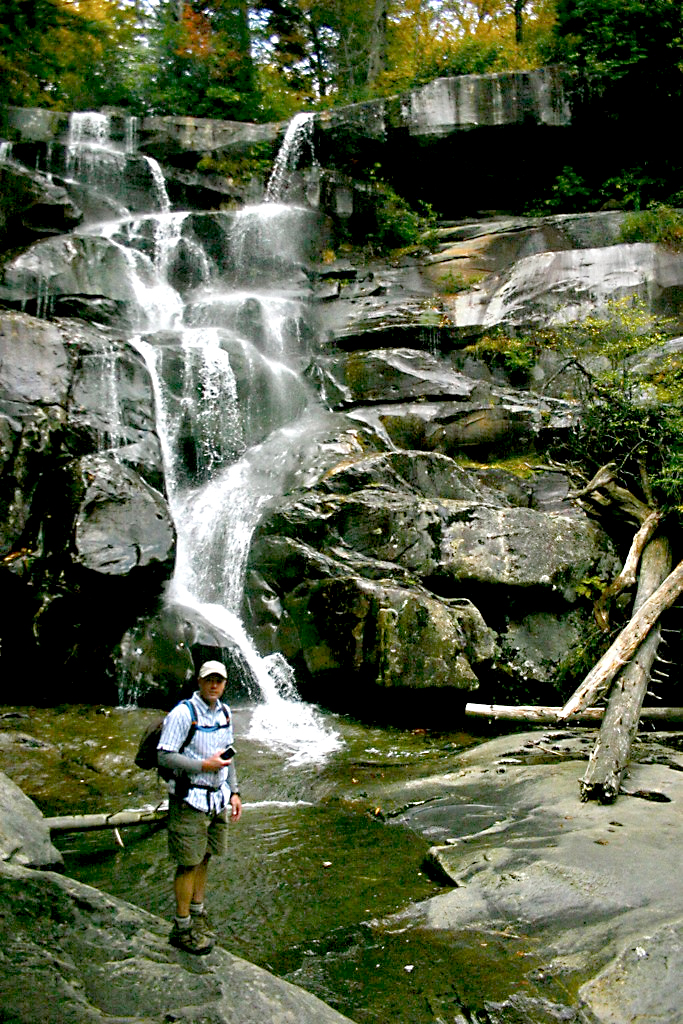Summer course immerses students in Great Smoky Mountains ecology

Hokies and non-Hokies alike are invited to spend a week in Great Smoky Mountains National Park this summer studying the area’s unique ecosystems and ecology.
Held at the Great Smoky Mountains Institute at Tremont in Tennessee Aug. 3-9, the three-credit course is open to anyone interested in learning about the natural environment. Join Instructor Donald Linzey and students from the University of Georgia and Purdue University for seven days packed with intriguing sessions taught by National Park Service personnel, institute instructors, and professors from each university.
Linzey, a retired professor of biology at Wytheville Community College who currently teaches in Virginia Tech’s College of Natural Resources and Environment, has been conducting research in Great Smoky Mountains National Park for over 50 years. He has written and published two books on the mammals of the park as well as an extensive volume on the park’s natural history. This will be the eighth year Linzey has brought a group to the institute.
Course sessions for Natural History of the Great Smoky Mountains (course number FIW 4984, CRN 72572) will include:
- Field journaling techniques;
- Air quality;
- All taxa biodiversity inventory;
- Forest ecology;
- Amphibians, reptiles, birds of the Smokies;
- Wildlife management;
- High country ecology;
- Bear research;
- Stream ecology; and
- Tree identification.
“Program participants are offered a unique opportunity to engage in research in America’s most visited national park, learn from a wide variety of instructors, and interact with students from other universities,” Linzey explained. “They’ll remember this course for the rest of their lives.”
Course costs include $474 for food and lodging, plus $1,093.75 for in-state tuition and fees (with a campus fee waiver form) or $2,873.25 for out-of-state tuition and fees. Tuition may be discounted for Virginia K-12 teachers. The Natural History of the Great Smoky Mountains course has been approved as a substitute for Wildlife Field Biology (FIW 2324).
For more information, contact the following:
- Enrollment details, 540-231-4879
- Course information, 540-951-9717
- Assistance with online application: 540-231-3486




